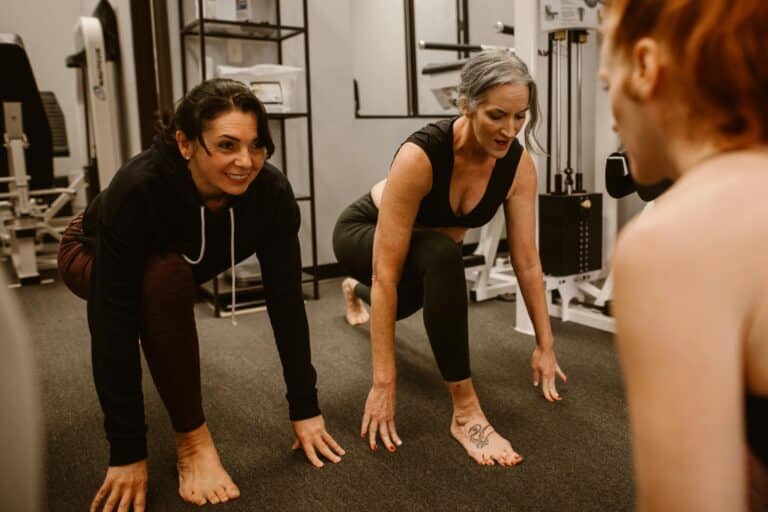Mayo Clinic Q&A
DEAR MAYO CLINIC: I have heard that taking coenzyme Q10 is good for people who take statins. There are so many commercials and ads about it. But is it really necessary to take this supplement? How do I know if I need it? And is liquid better than pill form? How much do I take?
ANSWER: Although a coenzyme Q10 supplement may be helpful for some people who take a statin medication, no research studies have confirmed that it has benefits for everyone who takes statins. For most people, a diet rich in fruits, vegetables, nuts and fish is enough to keep their coenzyme Q10 at a healthy level, and a supplement is not necessary.
Coenzyme Q10 is a substance the body makes naturally. Every cell in the body needs coenzyme Q10 to help generate energy. When you take a statin medication to lower your cholesterol, it may lower the amount of coenzyme Q10 in your cells and in your bloodstream, too. That’s because the mechanism in your body that makes cholesterol also makes coenzyme Q10.
Some researchers have suggested that low levels of coenzyme Q10 can lead to the muscle aches that can be associated with statin use. With that in mind, coenzyme Q10 supplements have sometimes been recommended for people who take statins.
However, results from the research studies that have looked at giving people on statins coenzyme Q10 supplements have not been definitive. When participants in the studies know that they are getting coenzyme Q10, results often show that they experience fewer muscle aches. When the studies are double-blind — meaning neither the patient nor the doctor know if the medication they are getting is a statin or a sugar pill — then a coenzyme Q10 supplement has never been shown to be helpful in reducing muscle aches.
If you are worried that your coenzyme Q10 level is low, you can have it checked with a blood test at your doctor’s office. If it is lower than normal, then you may first want to consider making changes to your diet. For most people, eating at least five fruits and vegetables a day, fish two to three times a week, and nuts two to three times a week keeps their coenzyme Q10 level normal, even if they are taking a statin.
If your coenzyme Q10 level stays low after you have incorporated these foods into your diet, then taking a supplement may be appropriate. Coenzyme Q10 supplements are available over-the-counter at most pharmacies. You may see them under the names “ubiquinone” or “ubiquinol.” Ubiquinol tends to be better absorbed than ubiquinone, and the ideal dose is typically 200 mg once per day. Most of the time, ubiquinol is sold in a gel-based or liquid-based capsule.
Before you take any type of supplement, though, talk to your doctor to make sure it is appropriate for you. Just because you are on a statin does not necessarily mean you should take a coenzyme Q10 supplement. Also, if you are experiencing side effects, such as muscle aches, that seem to be associated with your statin use, bring that to your doctor’s attention, as well. In some cases, changing the dose or switching to a different type of statin can successfully ease those side effects. — Stephen Kopecky, M.D., Cardiovascular Diseases, Mayo Clinic, Rochester, Minn.
(Mayo Clinic Q & A is an educational resource and doesn’t replace regular medical care. E-mail a question to MayoClinicQ&A@mayo.edu. For more information, visit www.mayoclinic.org.)










